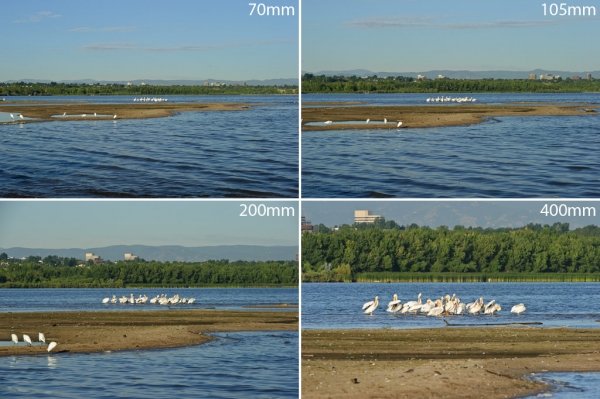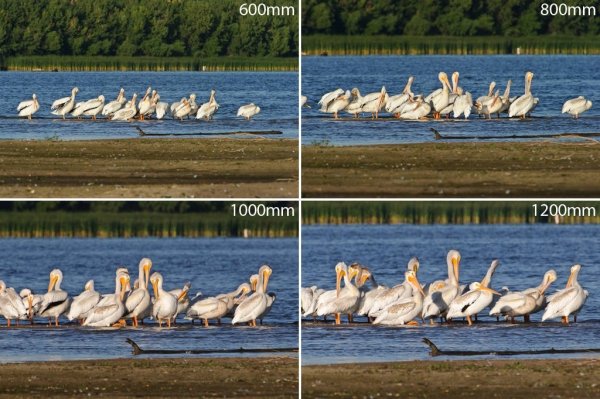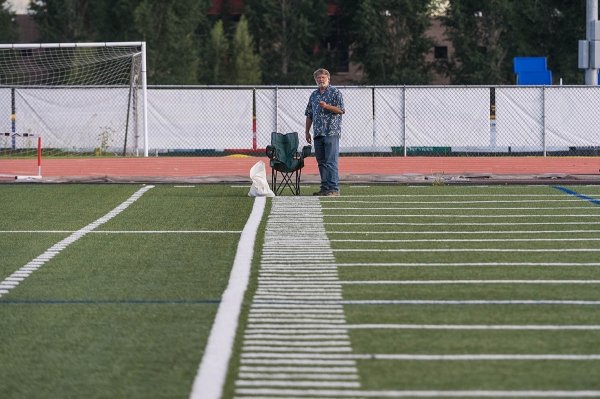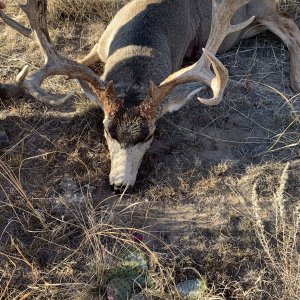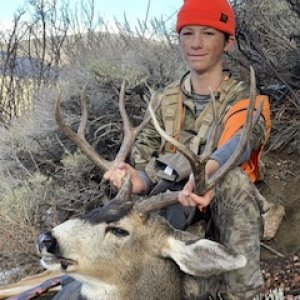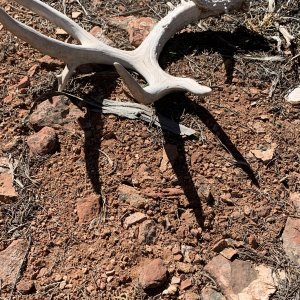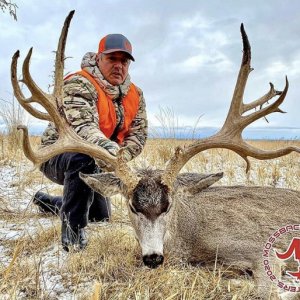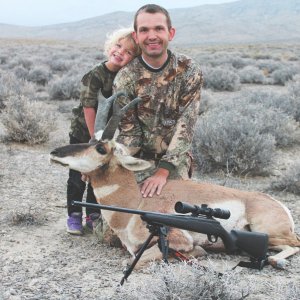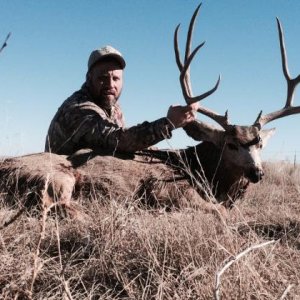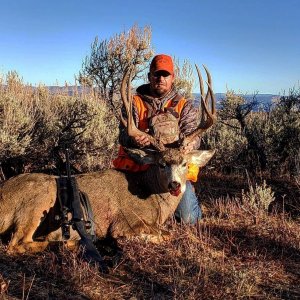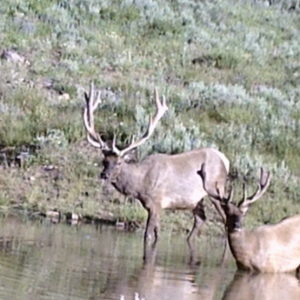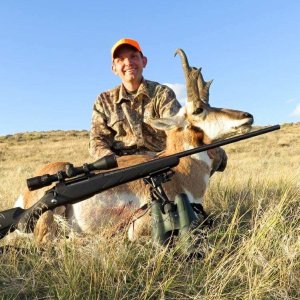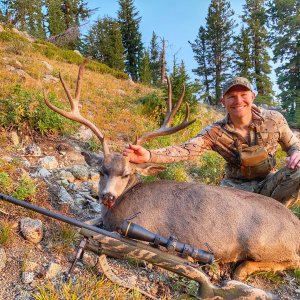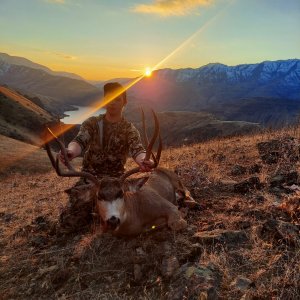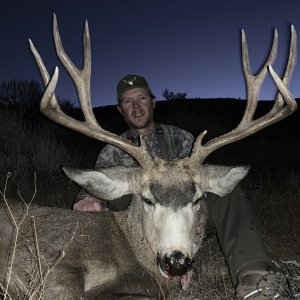"I don't know much about cameras."
Do you want to?
Buying an 80 D with no lens will set you back at least $1,000.00 probably $1,200.00
Add a decent lens to that and you are going to be spending some money.
If you don't want to know much about cameras, thats a lot to spend.
I will tell you to go out and buy the 80D, its a killer camera.
But thats me talking to myself.
For a guy who opens with "I don't know much about cameras." I may have different advice.
Listen to C3, he is speaking in logical words.
I will repeat one of his sentiments, ITS ALL ABOUT THE LENSES. Thats where most of your money will end up, its where you will be happy with your results, or disappointed with your results.
Do you understand what lens focal length is and what it does?
If not, look into that before you buy anything.
Wildlife photography is frustrating if you cant get the frame filling shot you have in your mind.
This is a focal length visual aid.
Starting with a 70mm focal length lens, moving to a 400mm lens.
This is 600mm to 1200mm focal lengths.
Every persons opinions about lenses are going to be different, but for me, with big game photography, anything less than 400mm is going to be not enough, 90% of the time.
A 400mm lens at 100 yards is going to look like this.
Think about it.
Like C3 said, wildlife photography is all about the lenses.
Getting closer always is better when quality is of concern.
The less atmosphere you have between you and the subject, the better off you will be.
The 80D is a great body. But you are going to need more than the stock lens that comes in the box if you want to get good at wildlife photography.

